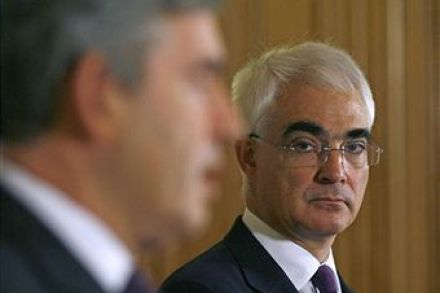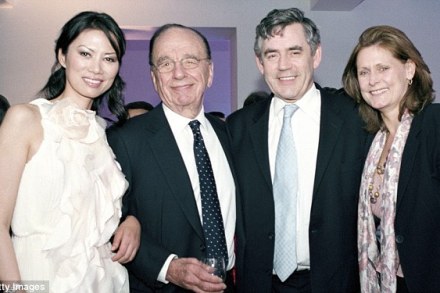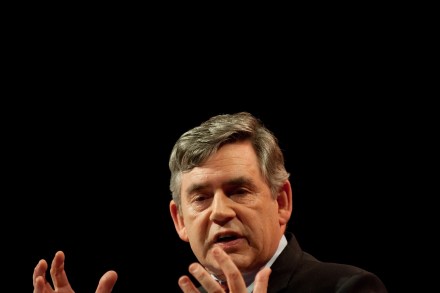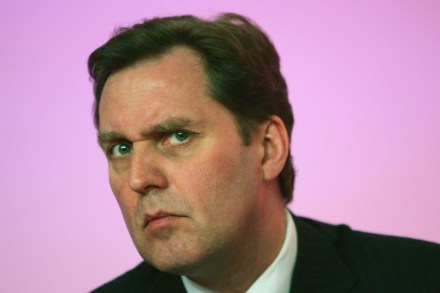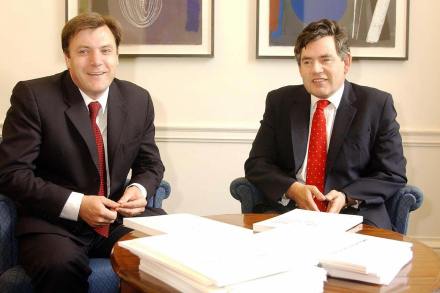The quiet man barks
Almost exactly a year ago, Tony Blair’s memoirs wafted into bookshops to cause a stir ahead of conference season. Now it it seems that Alistair Darling’s, due out next Wednesday, will do exactly the same. Judging by the extracts published over at Labour Uncut, the quiet man of the last Labour government will splash his simmering frustrations and enmities right across the page. Gordon Brown, he will say, became increasingly “brutal and volcanic”. Mervyn King was “amazingly stubborn and exasperating”. And Ed Balls and Shriti Vadhera will be accused of “running what amounted to a shadow treasury operation within government”. But the most eyecatching revelation, and perhaps the one with
